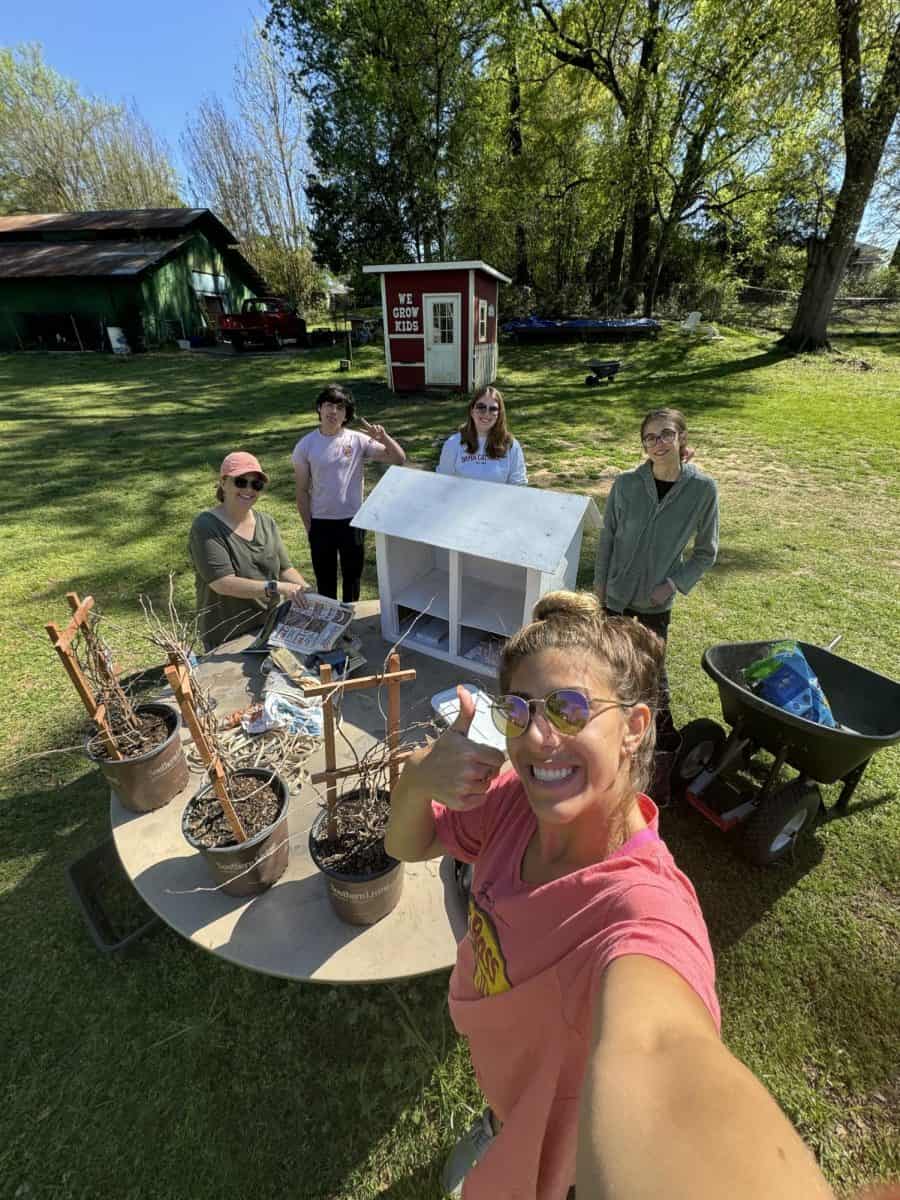Students are confronted with more than a fair share of choices to make. Between roommates, dorms, classes and extracurriculars, students make many decisions in little time. With all the pressure of first-year choices, sometimes choosing a major gets left on the backburner, along with applicable internships.
As a sophomore with an undeclared major, Jackson Downing said he has considered everything from geology to counseling to programming to telecommunication and film, but has not yet been able to commit to one. Rather than identifying himself as undecided, Downing has been getting creative with his responses when asked the number one question for college students worldwide.
“I usually tell people I major in weaponized nuclear physics with a minor in gender studies,” he said. “But I change it up sometimes.”
Downing is just one of many first- and second-year students who register for classes each semester without having chosen a major. Ellen Pate, career consultant for freshman and undecided majors in the Career Center, said the anxiety and pressure that come with deciding a major is often what leads students in the wrong direction.
“A lot of times students that feel pressured or rushed to pick a major, especially at orientation, just pick something,” Pate said. “Unfortunately sometimes its two weeks before graduation when they realize ‘I don’t even like this.’”
Pate said students who are unsure about their interests and do not immediately declare a major end up changing their majors less than students who are unsure but pick a major anyway. She said that there is nothing wrong with students being undecided, so long as they take the two important steps of getting to know themselves and researching possible career paths in order to eventually decide on a major.
“Don’t be undecided and not do anything,” Pate said. “Instead of saying ‘I’m undecided,’ say ‘I’m exploring’ and then actively explore.”
Blair Baskin, a recent graduate of the University of Alabama, changed her major five times before deciding on environmental science. Although she knew she had an interest in science, Baskin could not exactly place the path she wanted to take with her career. She said by using Career Center resources and plugging into groups on campus that shared her interests, she was able determine what major best fit her interests.
Now that she has landed an internship in her hometown of Little Rock, Ark., as an environmental scientist, Baskin feels that much of the stress that came with picking a major could have been avoided by realizing that choosing the right major is not the only contributing factor in building a career.
“Take one day at a time. There is no rush. Once you get a job, you learn from it, grow and then assess from there. Also, your first job after you graduate most of the time will not be your job for life. It could be, but know that picking a major is not the end all be all for your life,” Baskin said.
With so many different majors offered, the possibilities for students seem endless, which can make the process of deciding on one even more difficult.
In 2010, the Department of Education recorded nearly 1,500 academic programs from colleges and universities across the nation. Of those programs, 355 had been added in the last 10 years. The University of Alabama’s Undergraduate Majors website lists more than 80 majors, with hundreds of additional options for minors, specializations and areas of concentration.
Pate said in choosing a major it is important for students to keep an open mind and take advantage of all the resources the Career Center and the University as a whole has to offer. She said one of the most important things any student can do to enrich their learning experience and increase their likelihood of getting a job in their preferred field is to participate in interviews, job shadowing and internships.
Downing said he is hesitant to apply for internships because he feels companies are more likely to give opportunities to students who have chosen a major in a related field.
“It’s hard to decide on an internship when you have no idea if that’s the direction you want to go in at all,” he said. “People are less likely to give you an internship. They want to give the internship to someone who knows what they want to do.”
Pate hopes to dispel this notion about internships for students with undecided majors. The majority of employers at university career fairs that offer full time jobs and internships hire from all majors. She said as long as undecided students know their personal skills and have done research on the companies they want to work with, they are just as likely to receive internships as students who have declared majors in the company’s specific field.
“Every job, every career that you look at is going to have challenges, but you have to know enough to say ‘is that dream worth the challenges I’m going to face?’” Pate said. “Making decision is a part of life. All you can do is make the wisest decision you know how to make based on knowing yourself, doing some research and moving forward.”






